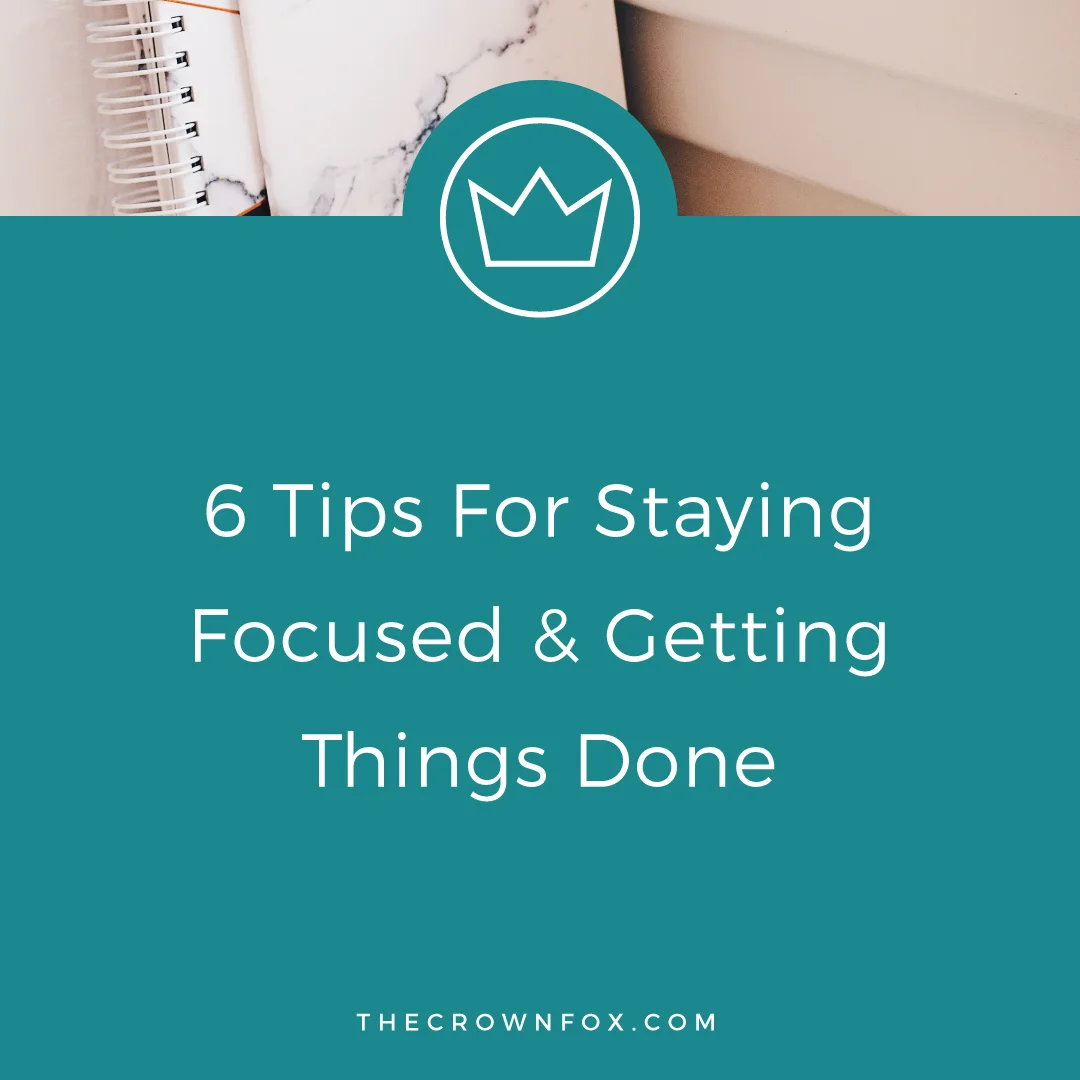I wrote about a related topic to my newsletter a few weeks ago, because I started to realize something was missing from explanations of your target client. While doing #31BrandingScopes it started to dawn on me that a lot of people (myself included) tell you how to define your target audience and tell you to figure out your ‘why’ and ‘how’ but they leave out how those pieces of information work together to help you and your business.
Here is the link between those answers – what are you fixing? What are you solving? What problem does your target client face that you can be or offer a solution to? I mean – think about why you buy anything. It’s resolving some sort of issue for you. Why do I buy Chipotle? Because it lets me pretend I am healthy and alleviates the fact that I’m not a great cook. Why do I buy pink post-it notes? Because I like the color and I need to write down to-do lists 100 times or I forget things. Why do I seek out a coach, a photographer, a designer, a copywriter, etc.? Because they offer something that I need their help with.
When you are thinking about your “how” – consider this: you need to offer a specific solution to your target audience’s defined problem. There’s a separate blog post that is going to cover how you determine your target client’s pain points, but for today, here are 4 reasons your “how” should offer a specific solution.
DO THE WORK YOU LIKE
When you make your offerings solve a specific solution – you get to make sure it is something you actually LIKE doing. You don’t have to do work that you don’t want to do. For real. That’s one of the benefits of being your own boss and owning your own business. So, just because you can solve XYZ of your target client’s problems or pain points, doesn’t mean you have to. If you hate making opt-ins for customers – don’t offer it. If you get so annoyed editing people’s blog posts – don’t offer it!
Having your “how” solve a particular issue or pain point lets you really focus down your offerings and come across as more professional and structured. What I mean by that is – when I see a website where someone offers 45 different services, it makes me wonder how good they are at any particular one. I am experienced in a lot of things, but not knowledgably enough that I would try to sell a service based around all of them.
If you focus on the things you can and like to solve you will give your client a better experience, and have a better experience yourself. Just because I can schedule your buffer feed, hand-assemble special stationery, and write your Instagram captions – doesn’t mean I have to offer those things. I don’t specialize in those things. I don’t want to specialize in those things. It might take some time and experience to figure out where your skills, your likes, and their needs combine into the perfect combination – but that should be the overall goal. Of course, there are always exceptions, and if you enjoy working with a client then help them in whatever way you feel acceptable (I do!) but don’t feel like you have to do everything in an attempt to “win over” clients. That is the complete wrong approach.
If you find yourself bending over backwards to fit a client’s needs, doing work you hate because they insist – it’s okay to educate them on what you do offer and why you are good at it. So, if someone insists that I develop their blog content for them – I could say something like, “I really do love approaching branding in a strategic way. We will talk about how to carry your newfound knowledge of your target customer into your content and develop a basic understanding of what you can talk about in your blog– but you have to actually write the blogs! That’s not a service I currently offer.” I say what I do offer/can do and am assertive with what I won’t. I realize that developing ideas and writing content might be a problem my target client struggles with, but I am only the solution for part of that problem. Just to be clear though – I never recommend being rude or ungrateful; make sure you do include what your services are and what you can offer to do for them.
STAND OUT TO YOUR POTENTIAL CLIENT
This is something that we talk about when you niche down your target audience – the more defined, the better. But this carries over into figuring out your “how” as well. Here’s an example: I could offer “graphic design services” but that is pretty broad. What does that really mean? I could be doing business cards, logos, e-books, flyers, posters, stationery, websites, front-end app design, and so on. I enjoy all these things, but I know that is overwhelming and not conducive to catching a potential client’s attention. They might see “graphic design services” and assume I can’t do the more specific thing they need me to do.
Instead, I offer branding + web design, which is more a more specific solution for my client. I don’t work with people who just need me to make a poster – that’s not the client I want to stand out too. I want to do branding, so I want to stand out to a customer as a branding designer specifically. By listing what I offer (and it being a focused list) I’m able to stand out as the exact solution to their exact issue. They don’t have to waste time inquiring if I am good fit, or wondering if I can do the things they need.
Here’s another example: Let’s say you own a roller-blade store, but you promote yourself as a sports apparel and equipment store (to try and appeal to more people). I need equipment for my sweet roller-blading exercises, but now I am confused and wondering if you have the solution for me. This turns me away and on to find a store that I know will be the solution to my problem. If you had instead accepted the fact that you own a roller-blade store and named it “Roller-Blading and Being Totally Awesome” – then there’d be no question of what you offer and if I can benefit for your offerings, and you’d have a customer.
FOCUSES YOUR CONTENT
Outside of thinking strictly about your services, having a specific solution with your “how” also allows you focus your content. I offer branding – so I know my content should somehow relate to branding and similar topics (business, blogging, starting an online business, social media, etc.) because I know that’s what my audience cares about.
If I was offering “graphic design services” then we get a little broader on what I can blog about. It might be app design one day, a technical tutorial the next day, and a flyer design the next day – none of which is really going to appeal to my client and doesn’t help me find new ones or promote myself. If I was even less specific and offered, “design services” – well there’s about a million types of design. Industrial design? Interior design? Organizational design? It’s too broad and makes clients, customers, or readers do too much work to figure out if I can help them. Instead, focus on what you can solve within your target client’s needs, and offer related content and resources.
STREAMLINE YOUR PROCESS
The fourth reason your “how” needs to offer a specific solution is this helps you streamline your process. Once you know how exactly how you help someone, you can put a system into place. When you have too broad of an approach, you are constantly having to make new services, new packages, new quotes, new proposals, new contracts, new invoices, etc., etc., etc.
Instead – create a system and streamline your process. You will get to the point that every client is choosing package #1, package #2, or package #3 and then follow the appropriate workflow from there. Say you are a editor and you offer editing for 5 blog posts/month, 10 blog posts/month, or 15 blog posts/month – that’s three packages, three workflows, three canned email responses, three proposal templates, and so on. You won’t have to re-type or re-calculate for every client.
I totally get that this might be a scary step – committing to something specific can be difficult. What if a client doesn’t need four printed collateral designs? What if a client only posts 8 blogs a month? There will be exceptions that you make for clients and that is fine and part of doing business, but the overarching majority will use these specific solutions you’ve created. There’s a stage of research and test-runs that you have to account for, so if you notice that a large number of inquiries is for something slightly different than your package – adjust accordingly. It’s not going to be perfect the first time, but eventually you will develop the right solutions for a majority of your clients and make your life so much easier.
Here’s your action item: get specific with what you can do (and want to do) to help your target client. I know I’ve said this before, and many others before me, but narrowing down doesn’t hurt or limit you – it propels you further. Let me know in the comments below if you have a specific solution for your clients or audience, I’d love to hear!
Ready to dive in deeper? Great! Check out my new e-book Branding 101: Building Your Base and learn more about your target audience and how you can offer solutions to grow your business.








Hi! I’m Kaitlyn!
I believe that you can create a life and business you love by listening to your own inner guidance system. I think there's plenty of strategies + hacks to learn and a ton of “how to” content you can consume but ultimately you are your best guide, the best guru, the best compass, and the best source of inspiration! I’m here to help you learn to trust that voice inside, step into your incredible power, and create YOUR dream business + life.
Let’s work together!